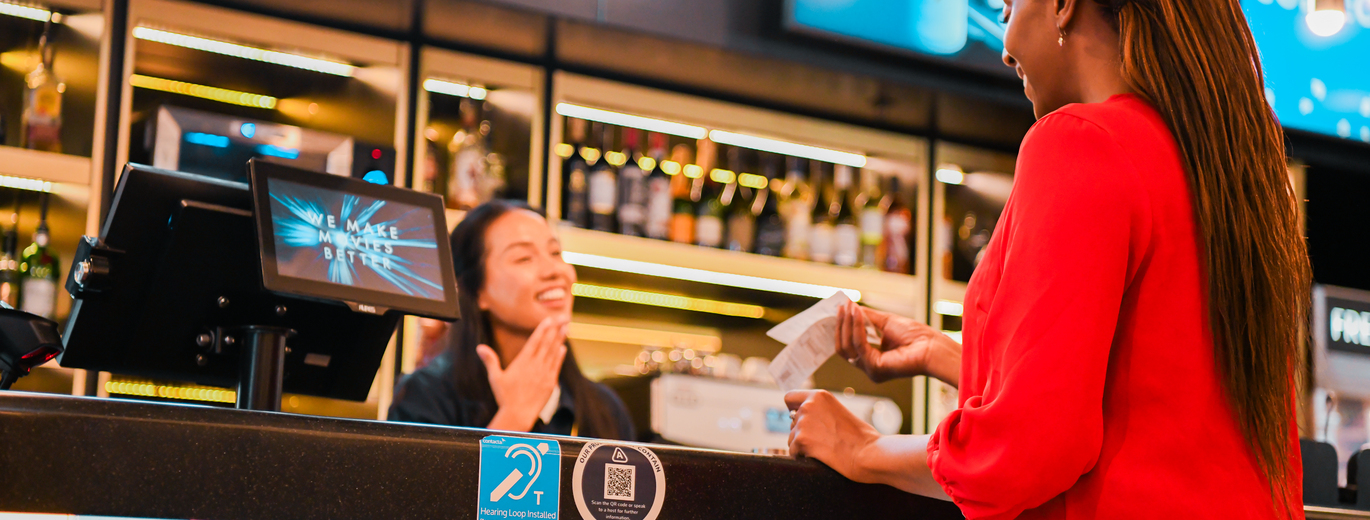British Sign Language (BSL): What It Is and How You Can Start Learning Today
British Sign Language (BSL) is more than just a way to communicate—it's a lifeline for many people in the UK. Officially recognised as a language on March 18, 2003, this milestone marked significant progress in accessibility. However, despite this recognition, BSL still lacks full legal status, meaning many Deaf individuals struggle to access vital services and information in their first language.
In this article, we'll explore what BSL is all about, the incredible work of BSL interpreters, and some practical tips on how you can start learning BSL.
What Do We Mean When We Call BSL a ‘Recognized Language’?
BSL's recognition as an official language has led to its use in specific situations, improving accessibility in public services. This acknowledgement has enabled more BSL interpreters, increased accessibility for Deaf people at concerts and live performances, and formed advisory boards for BSL users, working with the Department for Work and Pensions. However, there is still much to do regarding legal standing, particularly around national events and emergencies, where interpretation services should be more widespread.
What Is British Sign Language?
BSL is an accessible, vibrant, and expressive language incorporating hand shapes, movements, lip patterns, and facial expressions. Its grammar and structure are unique and distinct from English. Like spoken languages with different accents, BSL varies by region across the UK.
According to the Royal National Institute for the Blind (RNIB), approximately 12 million adults in the UK have some degree of hearing loss; of these, about 151,000 people use BSL as their primary form of communication. For over 87,000 Deaf individuals, BSL is their first language and an integral part of their identity and culture.
The Growing Presence of BSL in Popular Culture
BSL has become more visible in culture, from TV shows to concerts and theatre productions, providing greater accessibility.
Shows like EastEnders and Emmerdale have featured Deaf characters and sign language use.
Notably, The Silent Child, a short film featuring a Deaf child learning BSL, won an Academy Award in 2018, further highlighting the importance of sign language in mainstream media.
Theatre productions have also embraced BSL interpretation. London's West End now offers specific performances with interpreters on stage, ensuring that Deaf audiences enjoy the entire experience. For instance, Hamilton and Les Misérables have hosted interpreted performances, demonstrating a growing commitment to inclusivity.
Concerts have also followed this trend. Glastonbury, one of the largest music festivals in the world, has incorporated BSL interpreters on its main stages. This inclusive measure has made the festival accessible, allowing everyone to enjoy live performances fully.
BSL interpreters are becoming a more common sight at festivals, enabling music to reach a broader, more inclusive audience. This shift has made a powerful statement about the importance of accessibility in entertainment, showing that everyone should have the opportunity to experience cultural and musical events.
BSL in Education: GCSE Subject from 2025
In September 2025, British Sign Language will be introduced as a GCSE subject in a groundbreaking move toward accessibility and inclusivity.
This decision will allow a new generation of students to develop valuable communication skills, helping to bridge the gap between hearing and Deaf communities. Its introduction represents a shift toward a more inclusive educational system. Early exposure to BSL opens the door for students to pursue careers as interpreters and equips them to engage with Deaf individuals in everyday settings.
The Role of BSL Interpreters in Enhancing Accessibility
BSL interpreters play a vital role in increasing accessibility and bridging the worlds of Deaf individuals and hearing people. Whether in healthcare, education, entertainment, or public services, interpreters ensure that essential information is communicated accurately and promptly.
Interpretation is not just a skill but an art form. Interpreters spend years learning the language and dialects. The best interpreters can paint pictures with body language, interpreting spoken words into movement and expression.
Despite their importance, there is a shortage of BSL interpreters in the UK. As of November 2022, only 908 registered BSL interpreters and 234 trainees were registered.
This shortage underscores the importance of making BSL interpretation more prominent at significant events and government announcements.
Advocates continue to campaign for BSL to be a regular feature of major government announcements, following countries like the United States and New Zealand. The use of BSL during televised COVID-19 updates in the UK was inconsistent, a glaring oversight compared to other nation's efforts to provide equal access to vital information.
How to Start Learning British Sign Language
if you're interested in learning BSL now, there are several ways to get started:
-
Take a BSL Class: Accredited sign language courses and qualifications are available through Signature Deaf, often offered in the evenings to accommodate different schedules.
-
Learn from a Deaf Instructor: Learning from a Deaf instructor ensures you receive the most accurate instruction. While videos can be helpful, nothing beats learning directly from someone who uses BSL daily.
-
Practice: Regular practice outside of class is essential if you aim for a qualification. Start by signing in front of a mirror or meet with others to practice together.
-
Immerse Yourself in Deaf Culture: Watch signed programs or participate in Deaf community events to deepen your understanding of BSL in context.
-
Be Patient: Like learning any new language, it takes commitment and time, BSL can be challenging, but with time and practice, it will become easier.
Begin your BSL journey today. Take the first step toward learning British Sign Language and joining the movement toward a more accessible and inclusive society.
Whether you want to communicate with a Deaf friend, explore a new career, or broaden your understanding of Deaf culture, BSL is a skill that will open doors and build bridges between communities.
Consider enrolling in a BSL course offered by organisations like Signature Deaf

